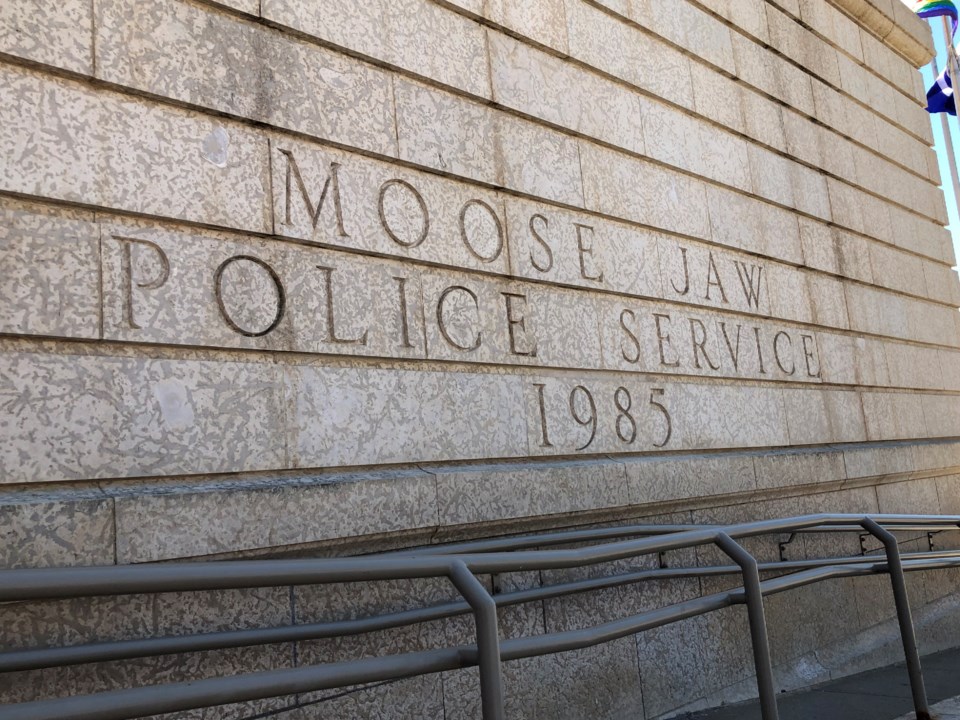MOOSE JAW - (CRT) that addresses incidents jointly and shares resources freely.
The provincial government created CRTs years ago to address serious criminal activity such as guns, gangs and drugs, with the teams combining members from RCMP detachments and police services in Regina, Saskatoon and Prince Albert, explained Police Chief Rick Bourassa.
While the Ministry of Policing and Corrections also established a six-man CRT in the Moose Jaw area, the Moose Jaw Police Service was not included.
Bourassa told the Board of Police Commissioners during its Oct. 9 meeting that he spoke with the minister about this oversight and asked why the agency was not invited to join the regional CRT.
“I … did not get any answers for why our police service was not included in the Moose Jaw Crime Reduction Team. However, there has been a change in ministry officials, so we’re having good conversations now,” he said.
In June, the MJPS worked out a deal to have two members join the regional CRT, which conducts most of its work on issues in the city, while the RCMP would fund the two positions. On Aug. 1, the two members officially began working with the team.
While the unit is working out of the Moose Jaw RCMP detachment, Bourassa said the better location is at the MJPS headquarters because it offers more spaces and amenities. However, because the provincial agency has certain security requirements, the city force is working to identify how it can address those issues.
The chief noted that the police service will propose some building upgrades in its 2025 capital budget so it can host the CRT.
“So it’s a good news story … ,” he added.
Bourassa said that he — or his successor — would discuss with the board ways to increase the police service’s authorized strength by two to offset the loss of those members now working with the CRT. The agency is currently relying on its existing strength, so for now, it may not need additional resources.
Commissioner Doug Blanc said it was great to have two more officers monitoring the streets and handling serious crime. However, he wondered what would happen if the RCMP stopped funding the two police positions and the MJPS had already filled those positions with new members.
Bourassa replied that the agreement is long-term, so that shouldn’t be an issue. However, if that scenario happened, the police service would include the two extra members through regular attrition of other positions.
Meanwhile, this unit will “take off a little pressure” from the MJPS by having more timely responses to situations that the city agency can’t handle quickly, he continued. This team will also free up manpower so that officers can deal with other issues.
Bourassa added that the area now has 10 investigators performing “valuable work,” including two police officers with the Internet Child Exploitation (ICE) Unit, two members with the CRT and six RCMP officers with that same team.




